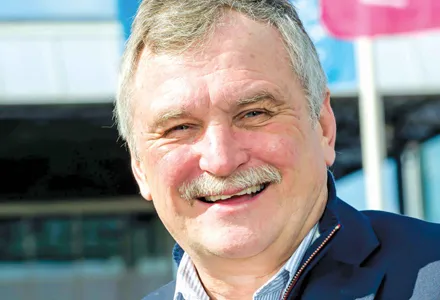The new video interview of research for the international 2 Be Safe project on motorcycle safety highlights key steps that can be made with regard to reducing accident risks. The 2 Be Safe project has set out key guidelines to administrators wishing to cut accidents for motorcyclists. The main main objective of this project has been to target behavioural and ergonomics research to develop countermeasures for enhancing Powered Two Wheeler (PTW), riders safety, including research on crash causes and human err
March 14, 2013
Read time: 2 mins
The new video interview of research for the international 2 Be Safe project on motorcycle safety highlights key steps that can be made with regard to reducing accident risks. Austria's Martin Winkelbauer discusses motorcycle safety initiatives. The 2 Be Safe project has set out key guidelines to administrators wishing to cut accidents for motorcyclists and this safety programme is being highlighted by the pan-European police body 4753 TISPOL. The main main objective of this project has been to target behavioural and ergonomics research to develop countermeasures for enhancing Powered Two Wheeler (PTW), riders' safety, including research on crash causes and human errors, and the world’s first naturalistic riding study involving instrumented PTWs. The project has involved 29 partners in 14 different countries in Europe, Israel and Australia, divided among research and academic institutes, end-users associations and industrial partners. The 2-BE-SAFE project commenced on January 15th 2009 as a focused research collaborative project co-funded by 2465 European Commission under the Seventh Framework Programme, Theme 7 – Sustainable Surface Transport.








